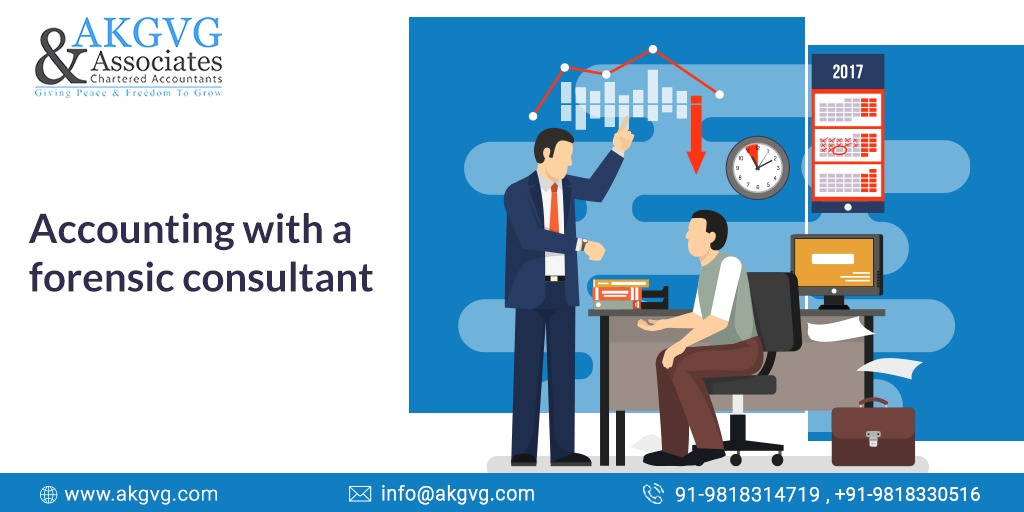
In the complex world of finance, the role of a forensic consultant in accounting has become increasingly important. A forensic expert works at the intersection of accounting and legal matters, delving into financial records to uncover truths hidden beneath the surface. These professionals play a crucial role in legal disputes, fraud investigations, and financial audits.
The core responsibilities
At the heart of a forensic consultant’s job is the task of investigating and analyzing financial data. They scrutinize financial records for inconsistencies, inaccuracies, or signs of fraudulent activity. Their work often involves collaborating with legal teams and providing expert insights that can make or break a case. Whether it’s a matter of business valuation, economic damages, or fraud detection, a forensic consultant’s expertise is invaluable.
Skills and qualifications
Becoming a forensic consultant requires a blend of education and experience. Most professionals in this field have a background in accounting, often supplemented with additional training in forensic methodologies. Key skills include a sharp eye for detail, strong analytical abilities, and excellent communication skills. After all, they must not only uncover the facts but also present them clearly in reports and, potentially, in court.
The role of fraud investigations
One of the primary roles of a forensic expert in accounting is fraud investigation. In these situations, they examine financial records for any sign of misrepresentation or deceit. Their analysis helps to reveal hidden assets, falsified transactions, or embezzlement. The work of a forensic investigator can be the deciding factor in bringing perpetrators of financial fraud to justice.
Contribution to legal disputes
In legal disputes, especially those involving financial disagreements, a forensic consultant’s insights are invaluable. They provide clarity on complex financial issues, helping courts or arbitration panels reach fair and informed decisions. Their ability to interpret and explain financial data in a legal context is a unique skill that sets them apart.
The evolving landscape
The field of forensic accounting is continuously evolving, driven by technological advancements and changing financial regulations. Forensic consultants must stay abreast of the latest tools and techniques in data analysis and fraud detection. As financial systems become more complex, their role becomes even more critical in navigating these intricacies.
Ethics and integrity
A cornerstone of the work of a forensic consultant is maintaining the highest standards of ethics and integrity. Given the sensitive nature of their work, they must handle financial data with confidentiality and impartiality. Their findings can have significant legal and financial repercussions, making their commitment to ethical standards non-negotiable.
Impact on businesses
The work of a forensic expert extends beyond the courtroom. Their expertise in identifying and mitigating financial risks can safeguard businesses from potential fraud. In every aspect, their work is about ensuring financial transparency and accountability.
The human element
Behind every financial statement or report that a forensic expert in accounting analyses, there are human stories. Whether it’s a small business owner grappling with embezzlement or a family navigating a complex divorce settlement, the work of these consultants has real-world implications. Their ability to uncover the truth not only serves justice but also helps restore balance in people’s lives affected by financial disputes.
This content is meant for information only and should not be considered as an advice or legal opinion, or otherwise. AKGVG & Associates does not intend to advertise its services through this.

